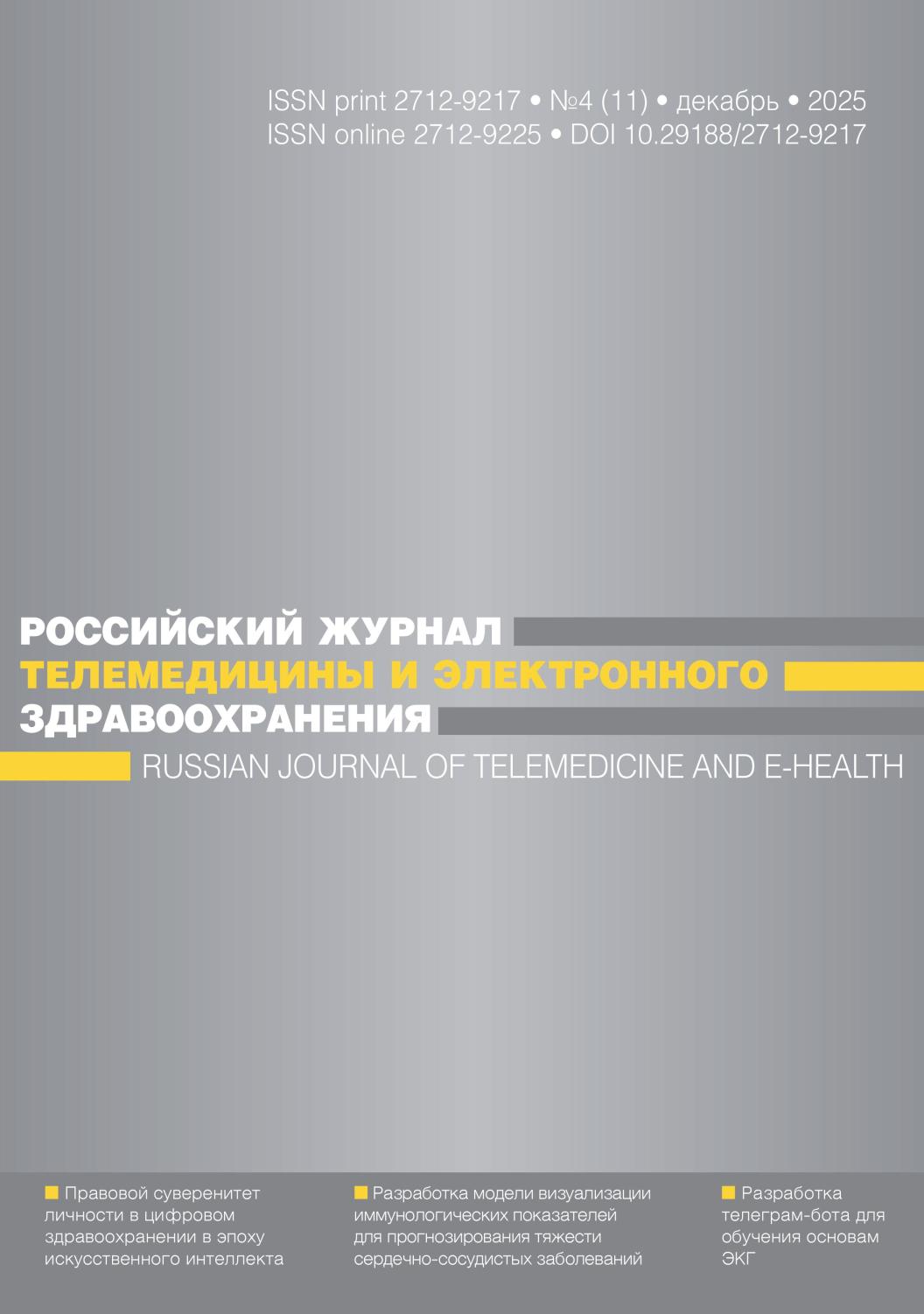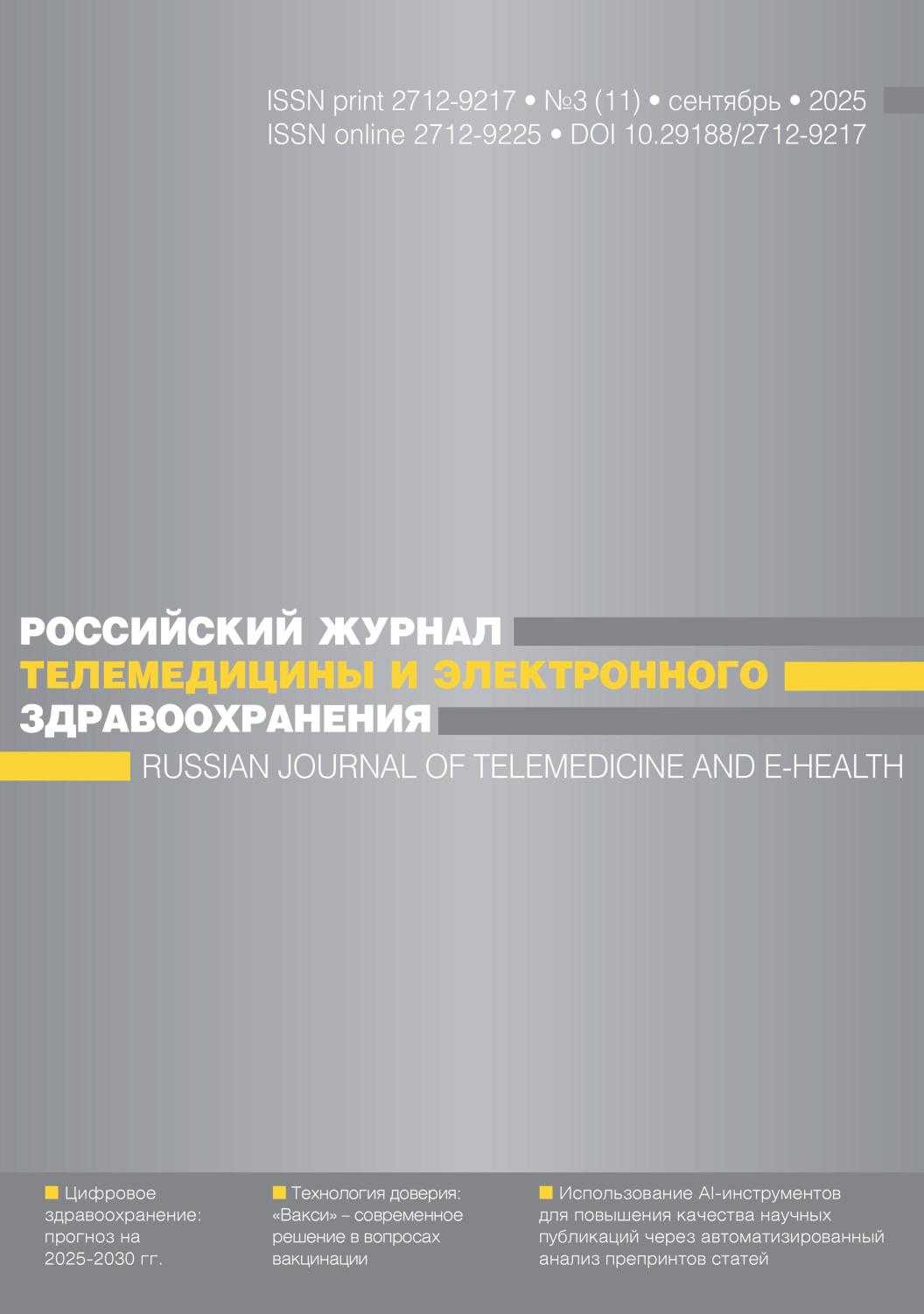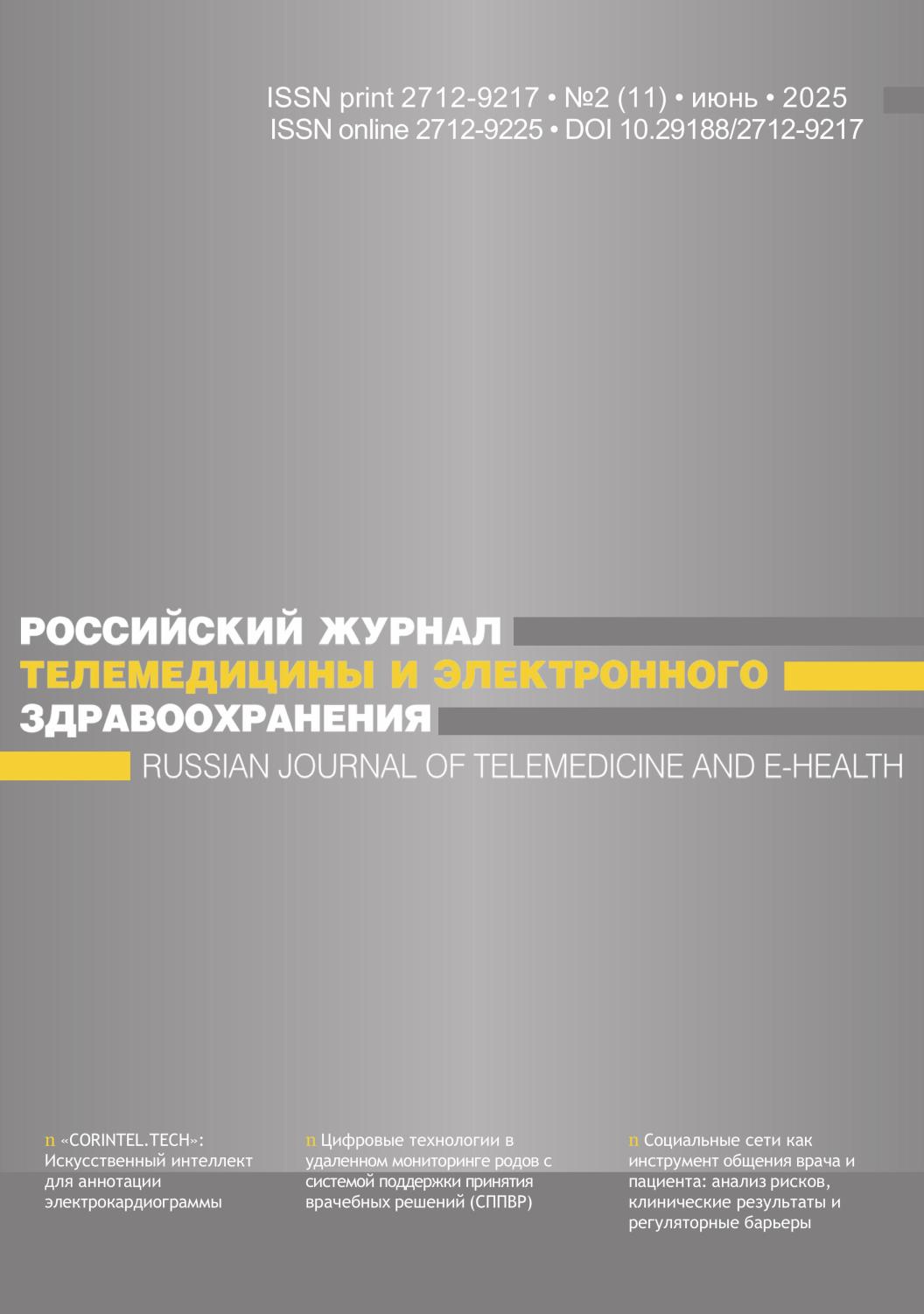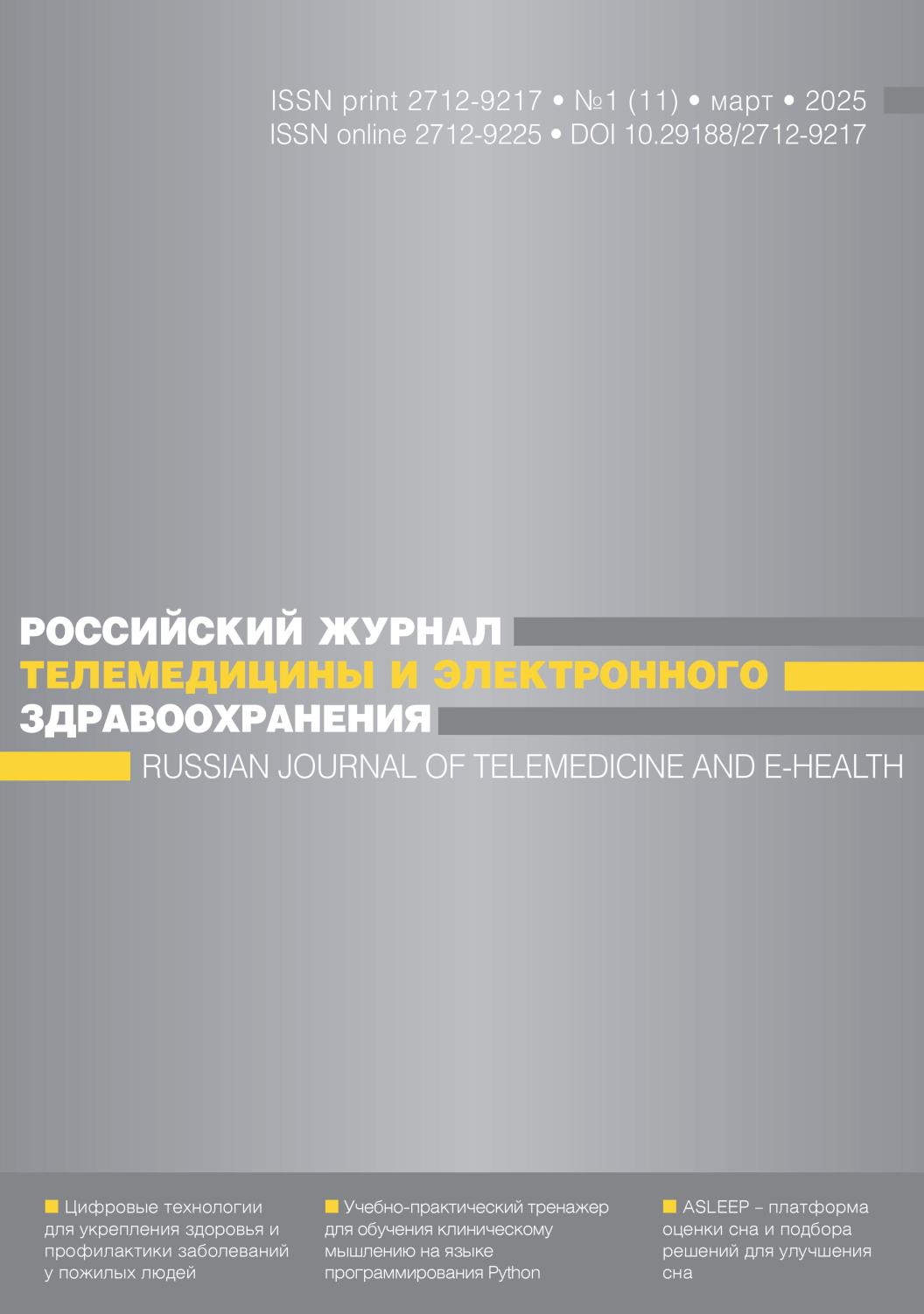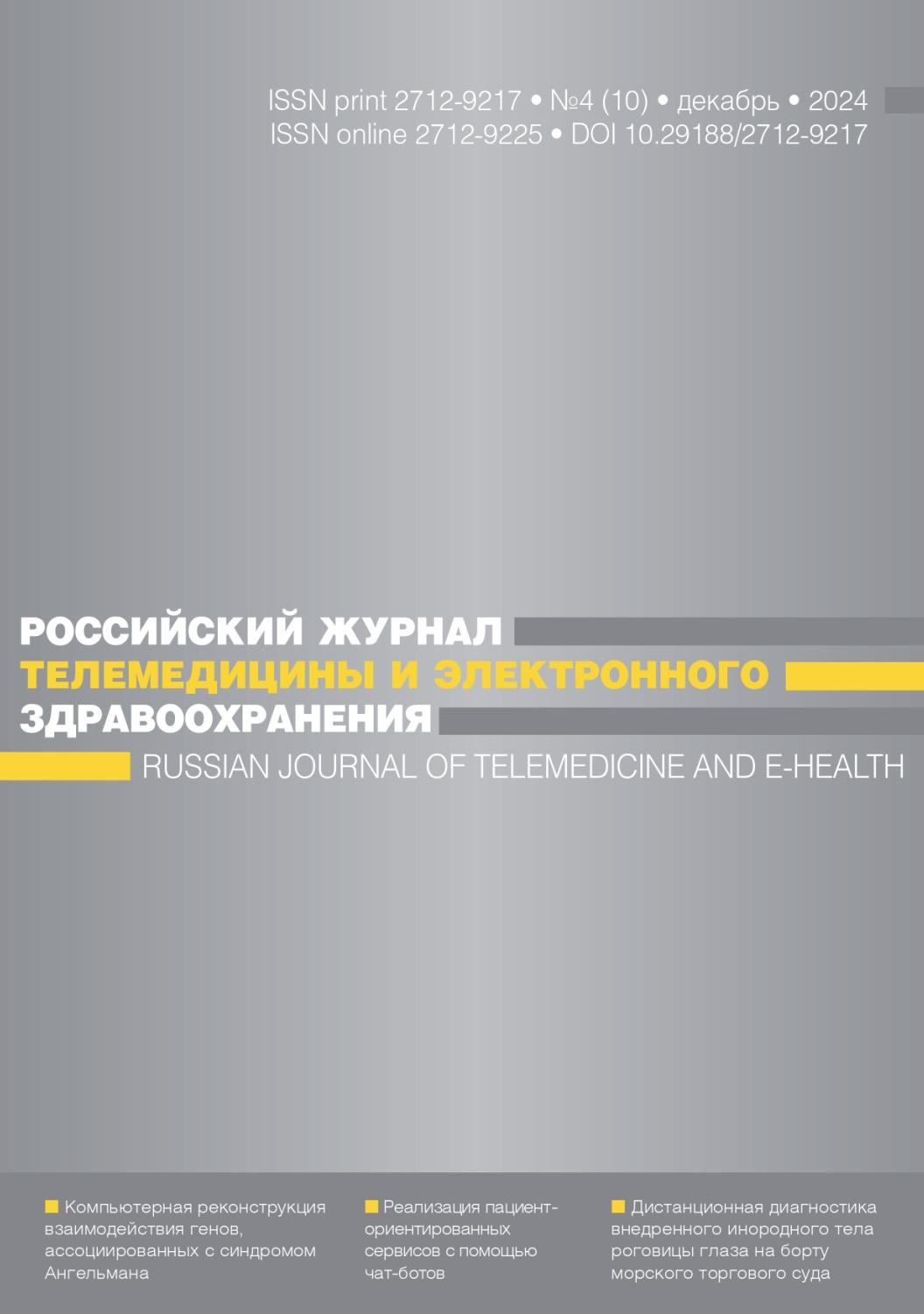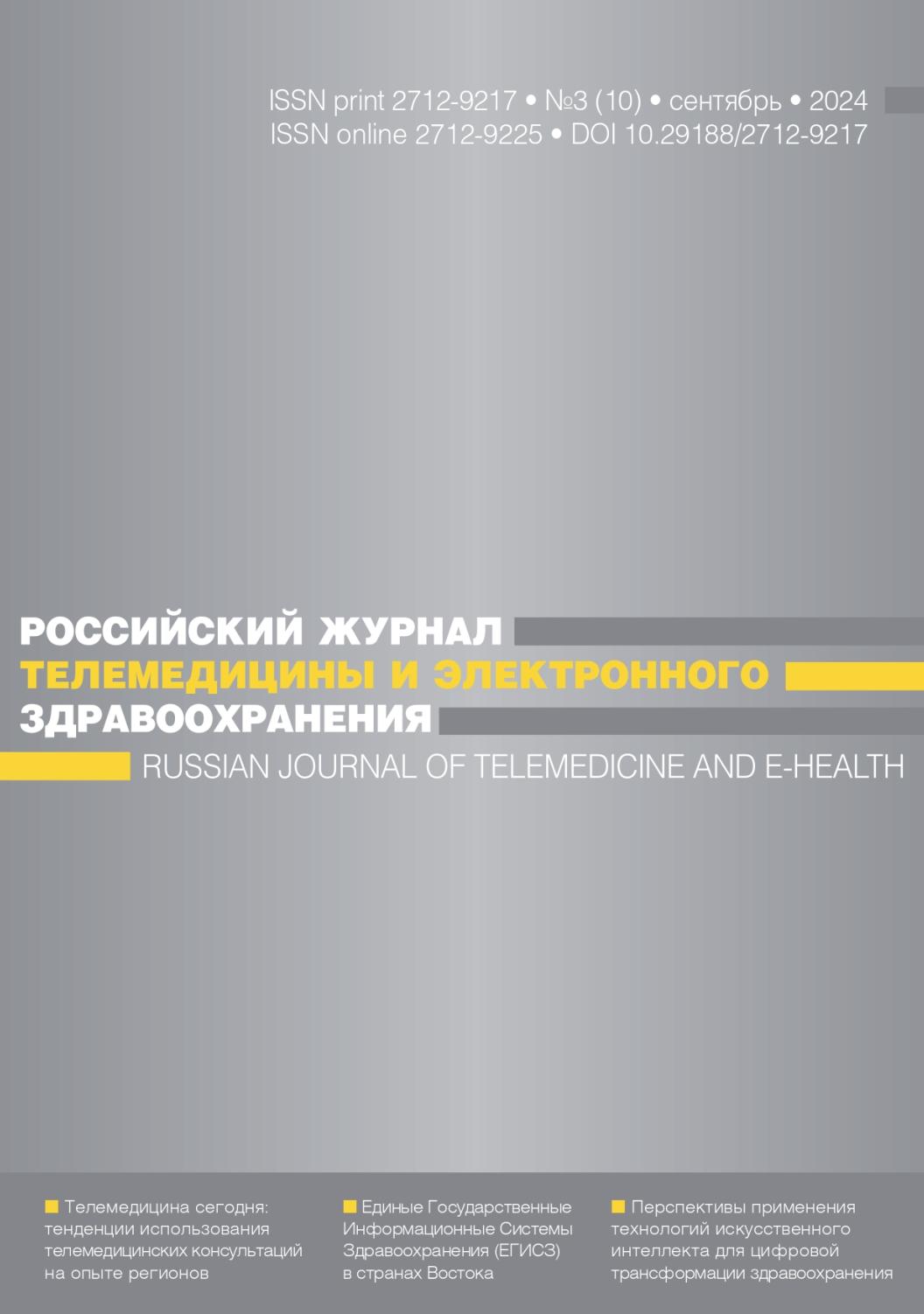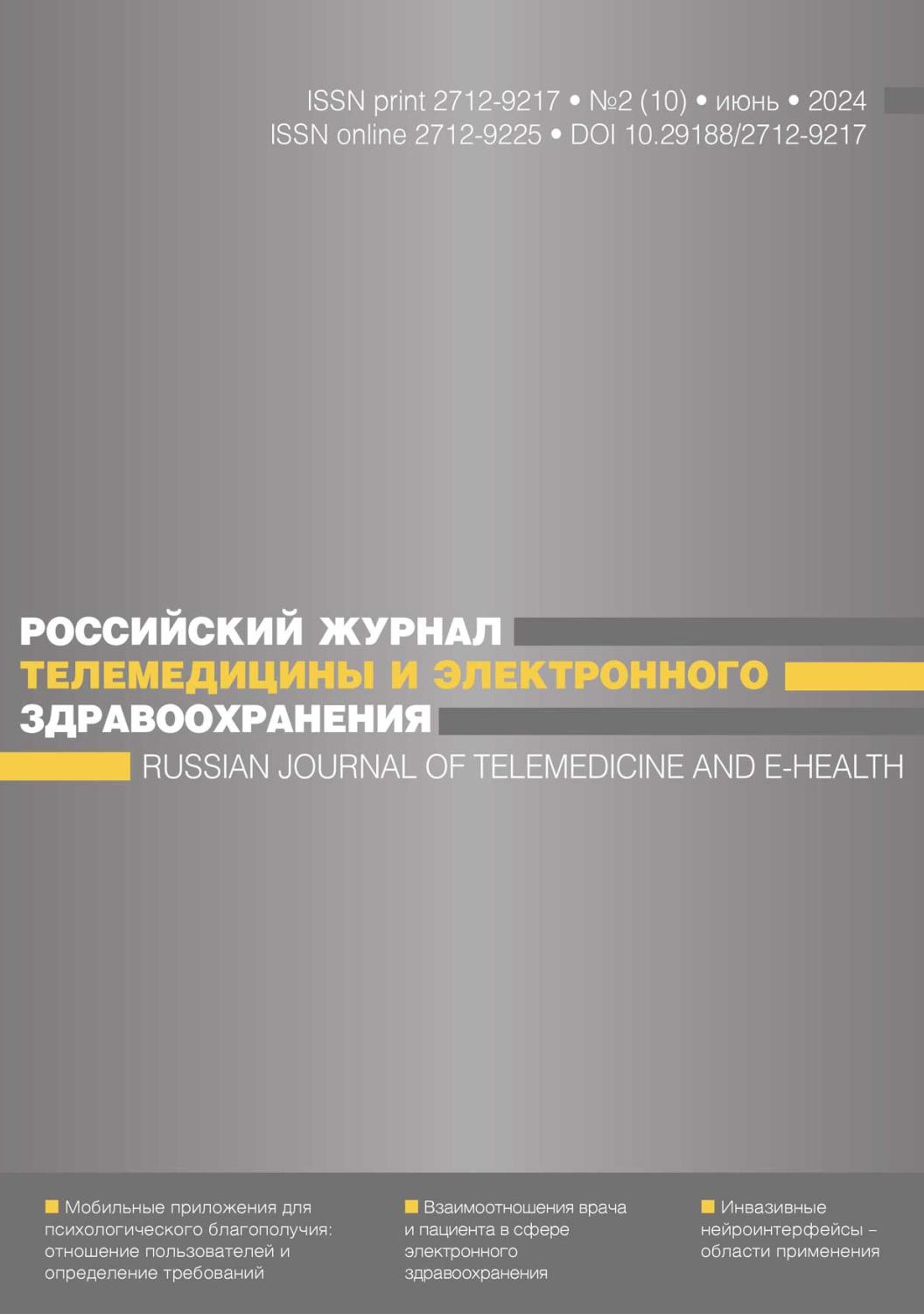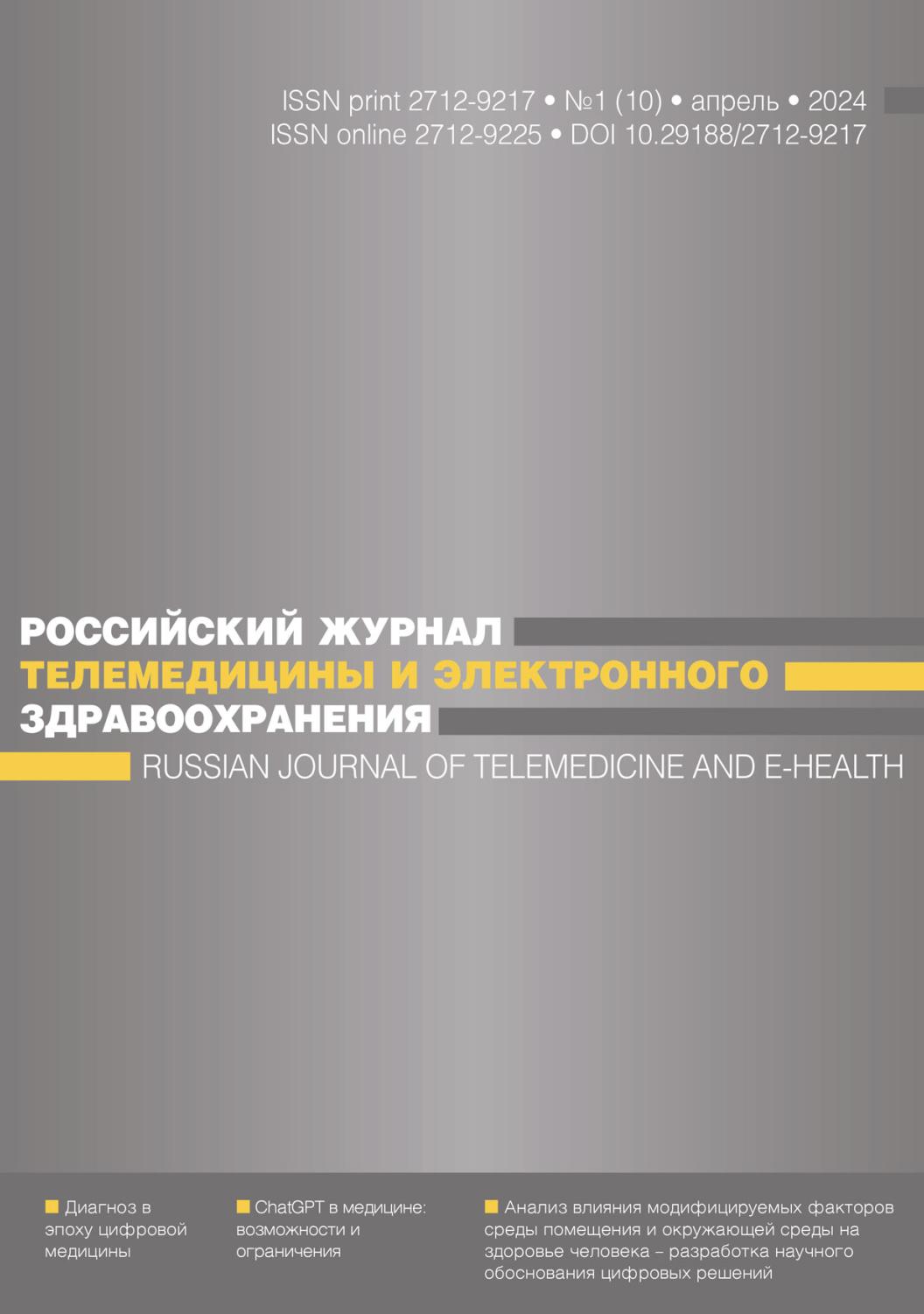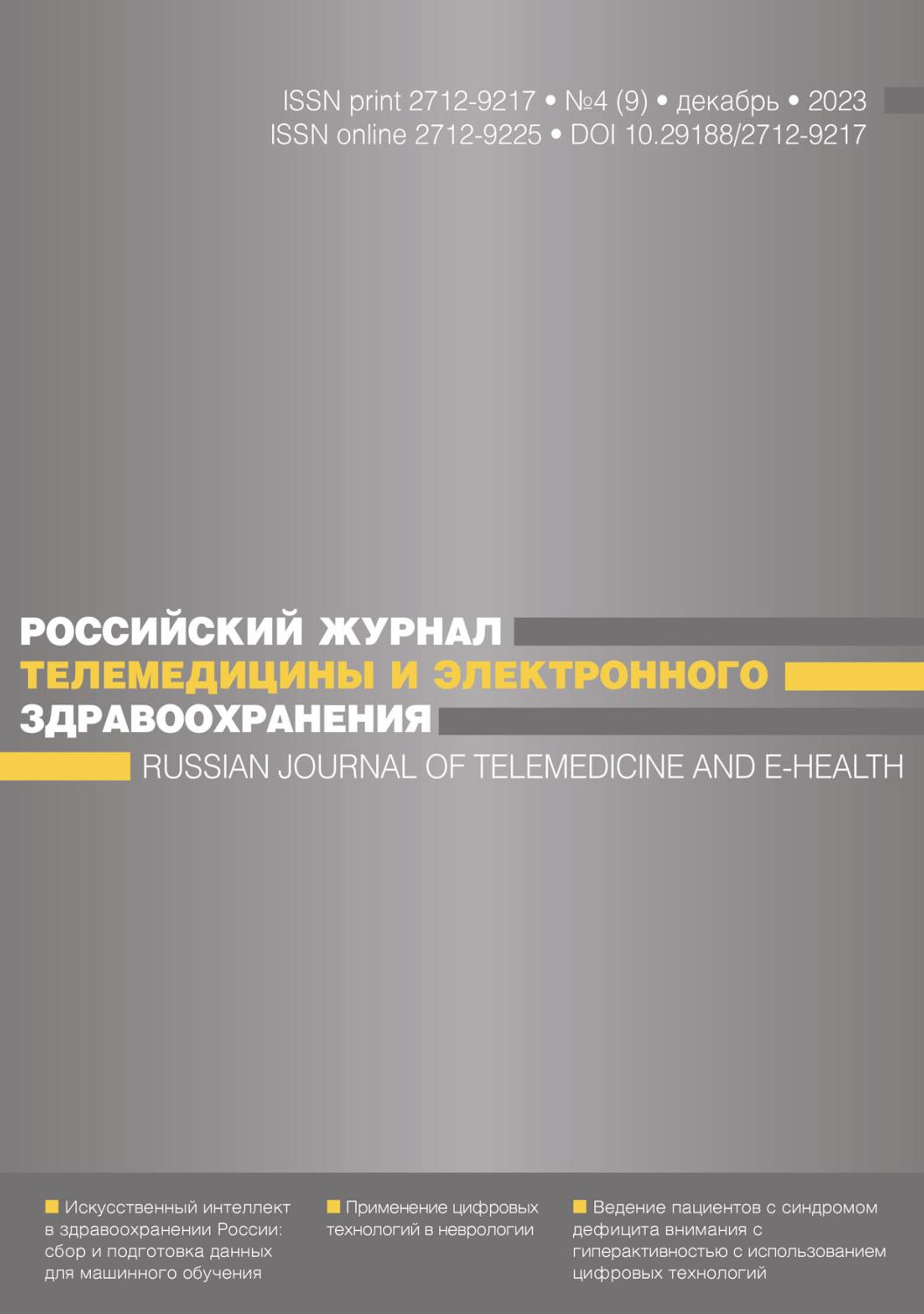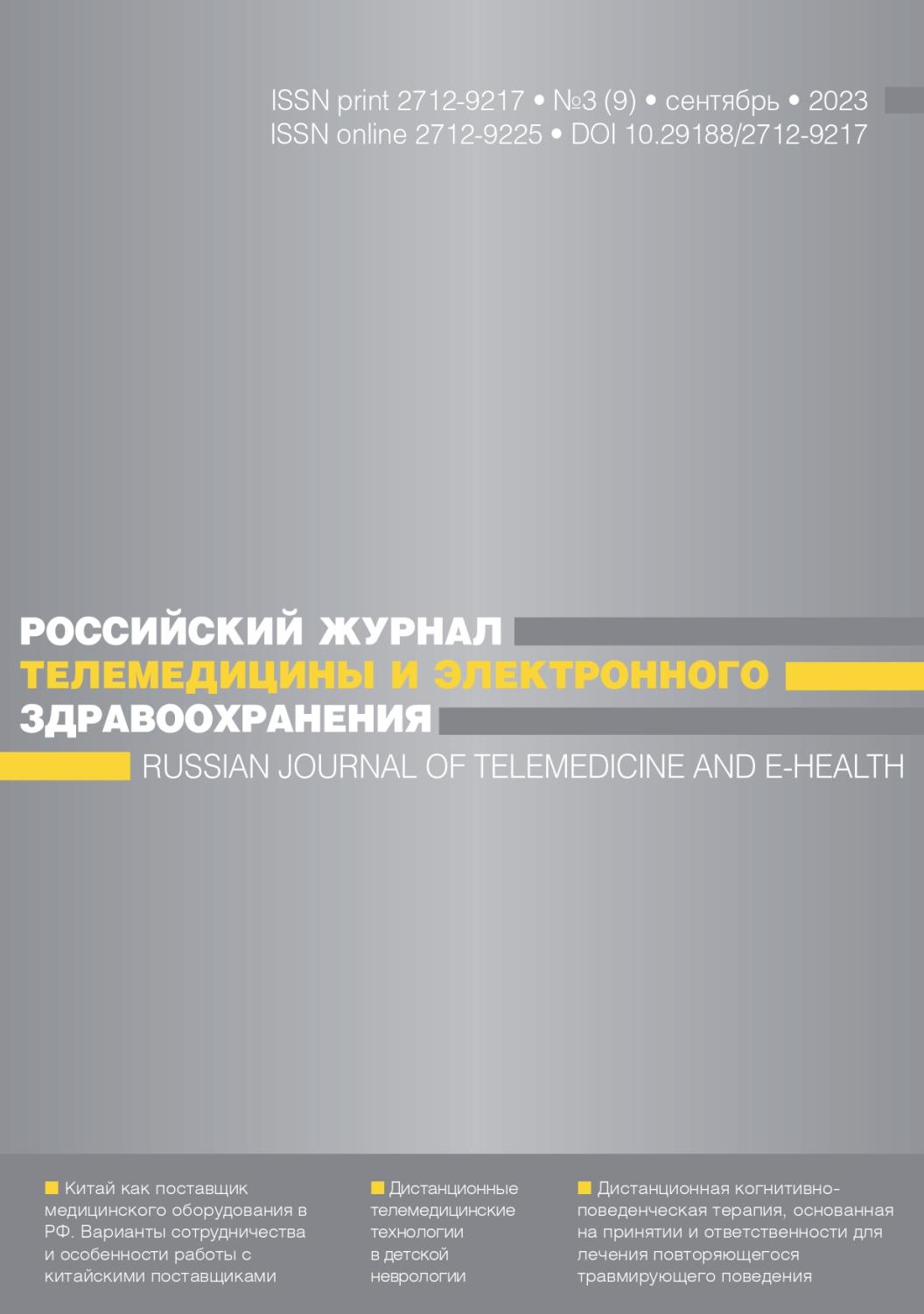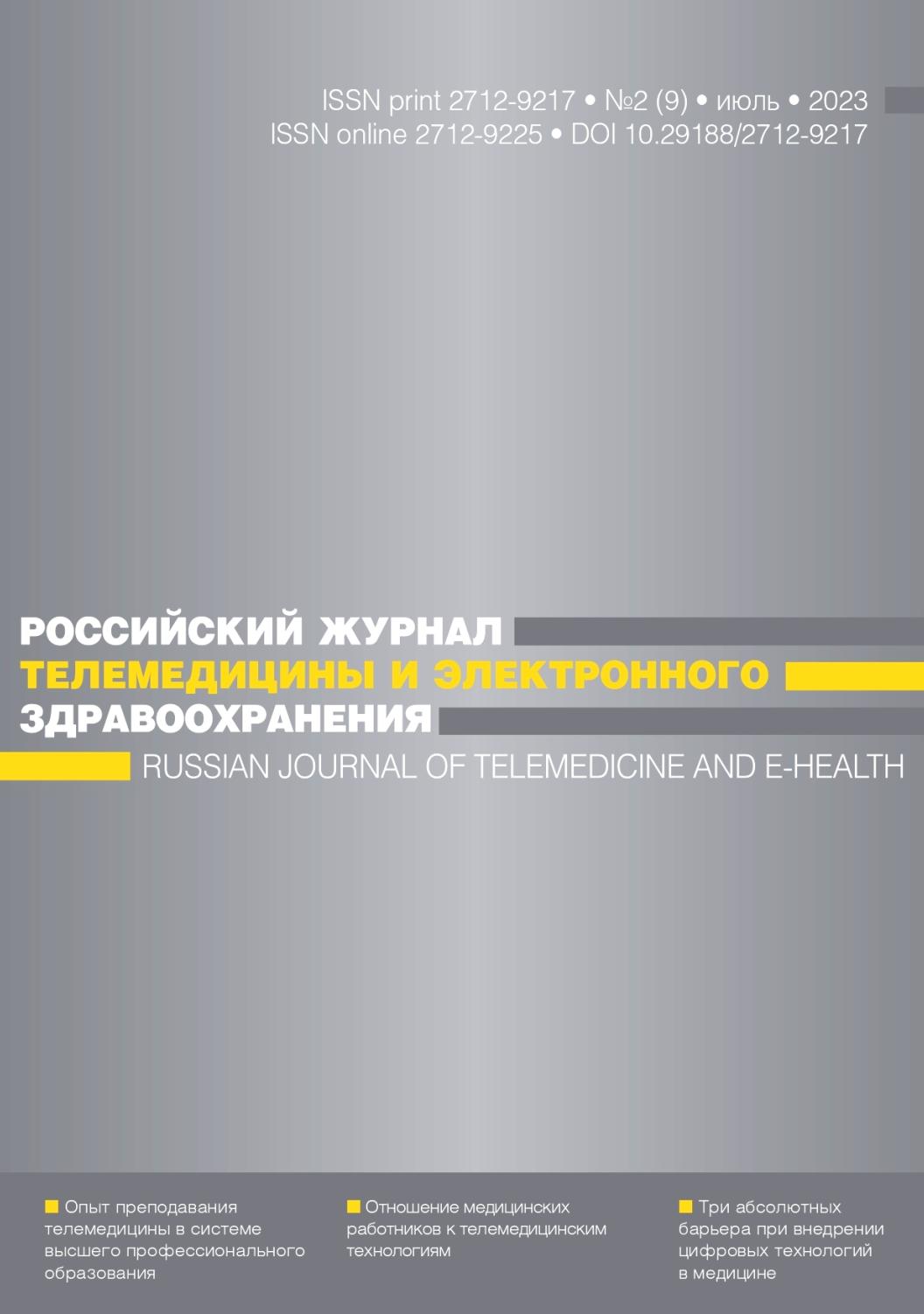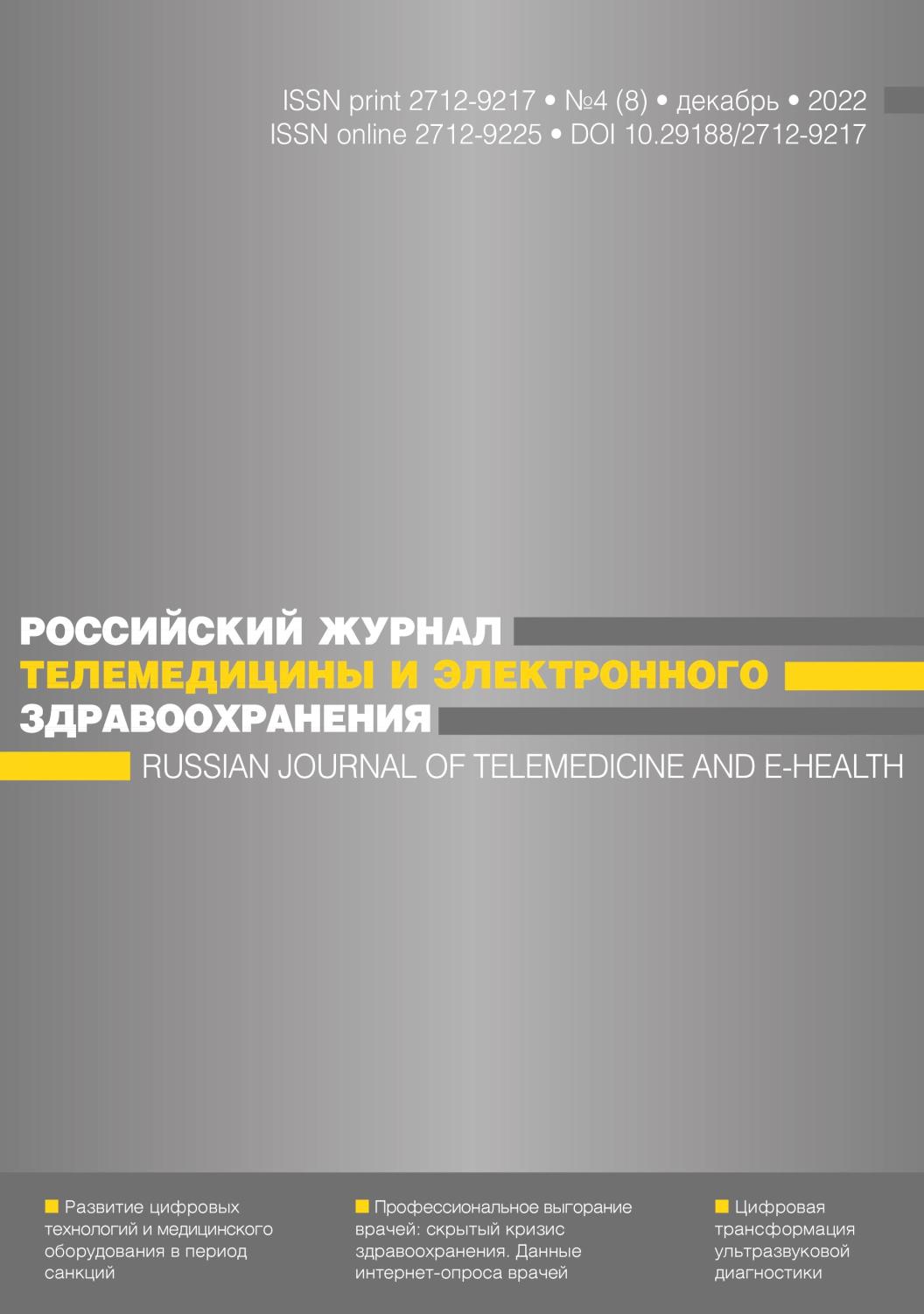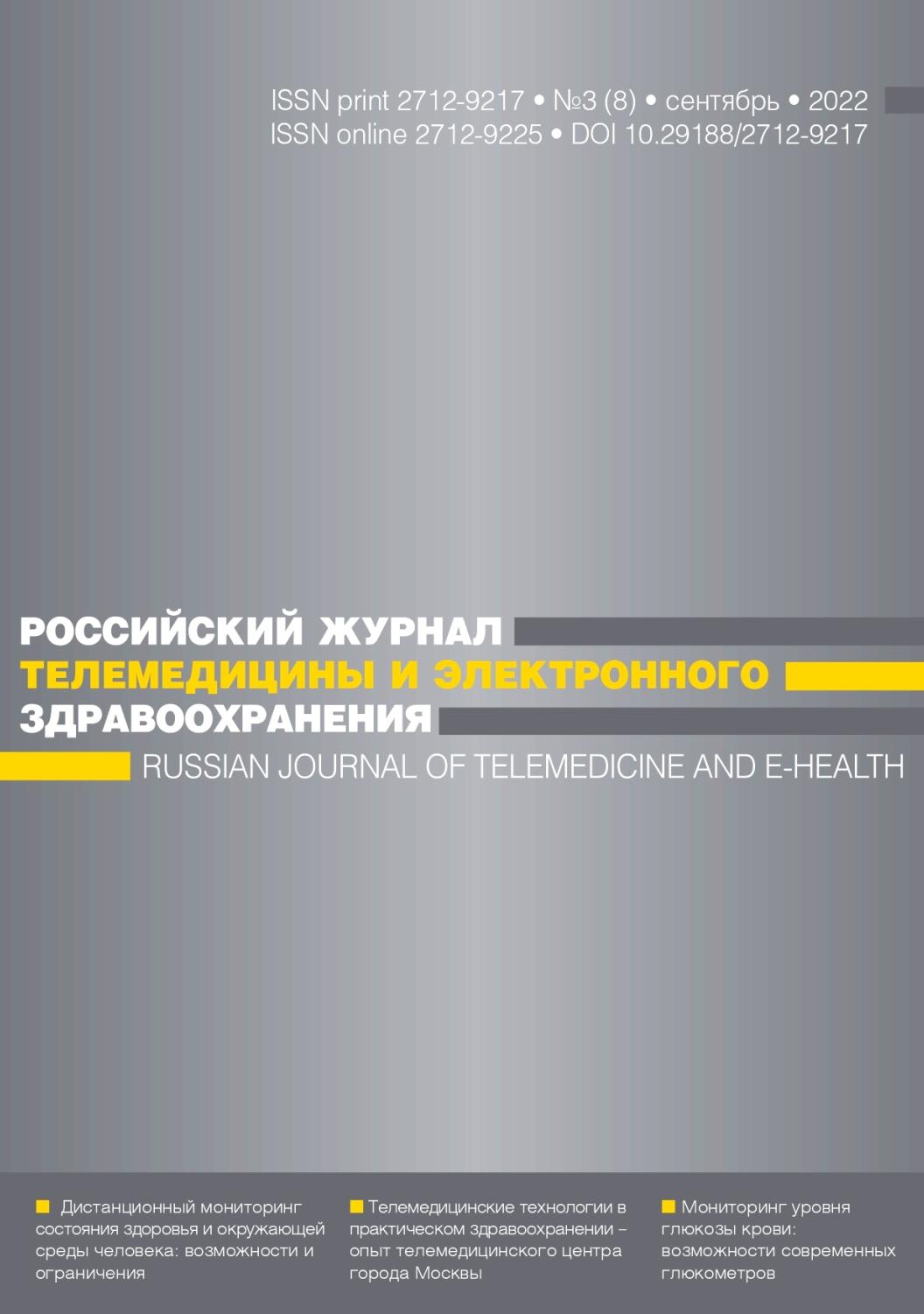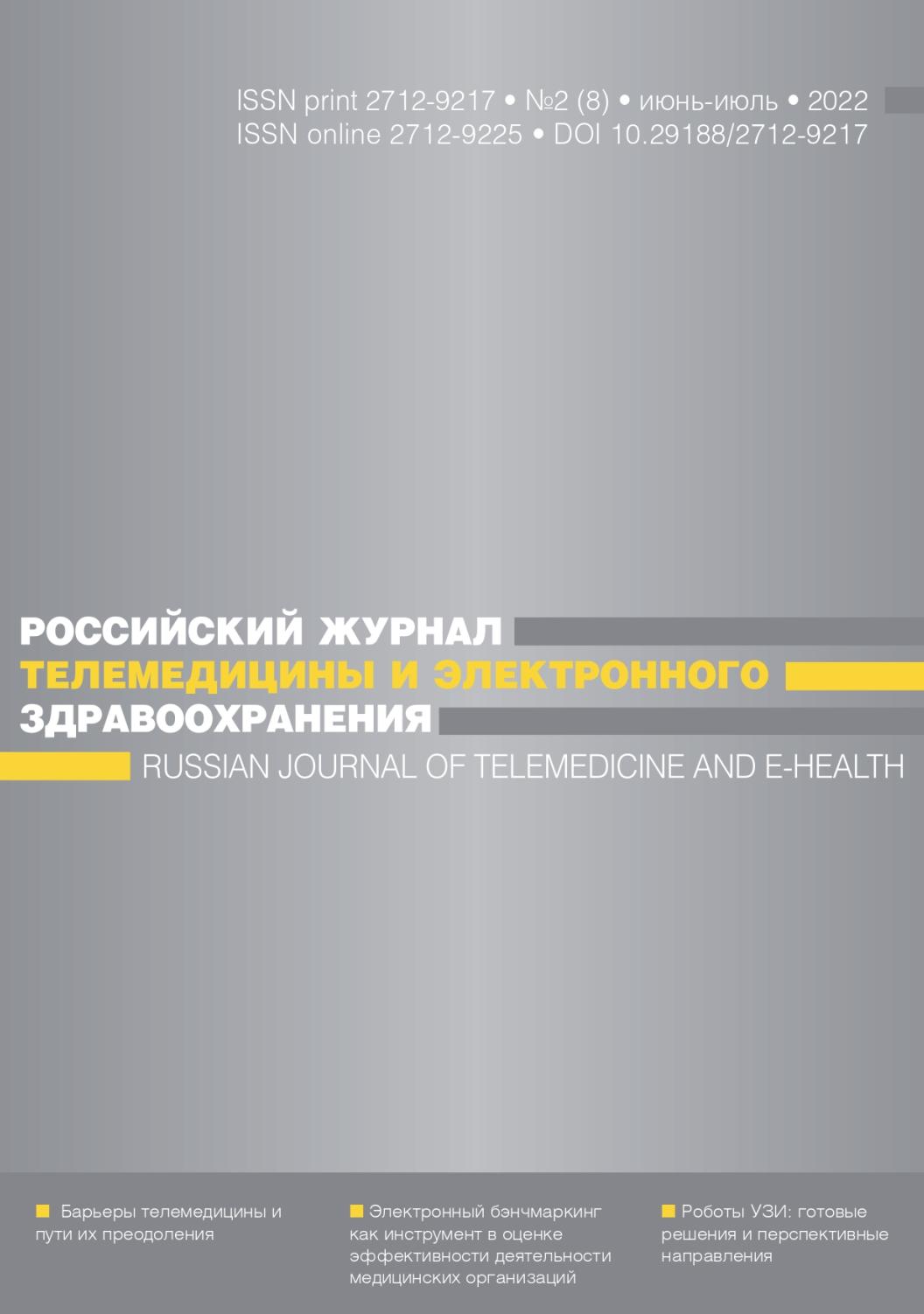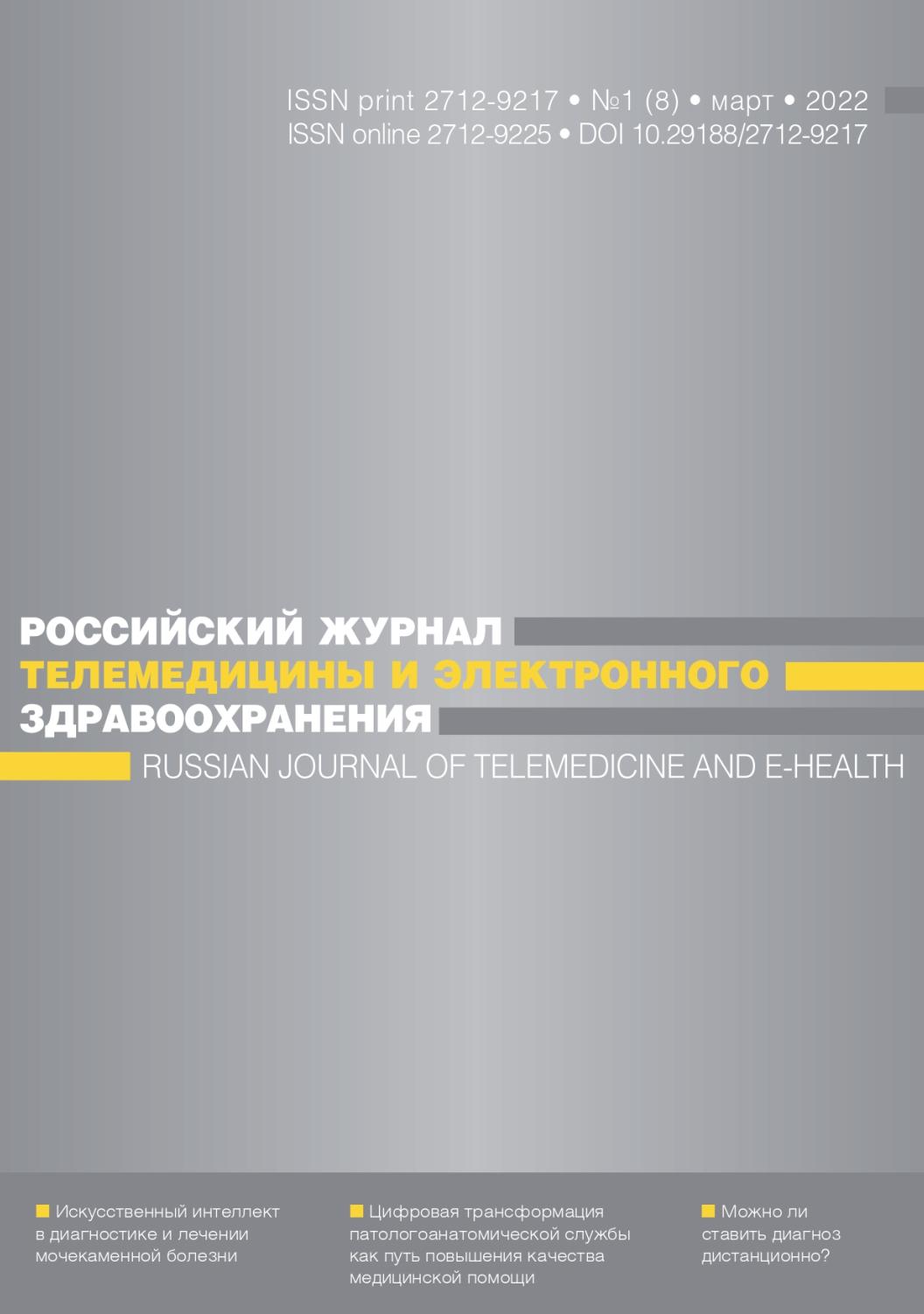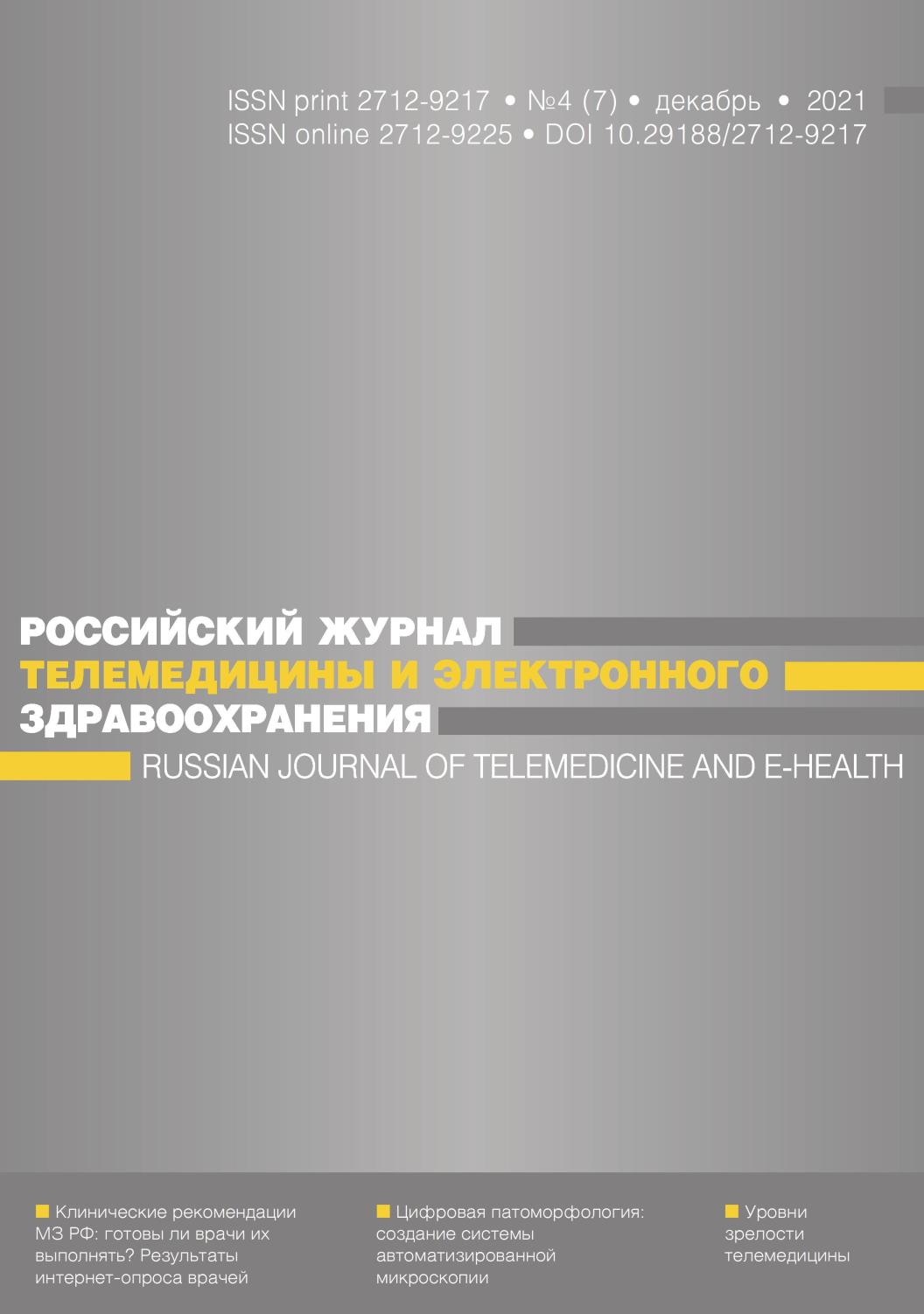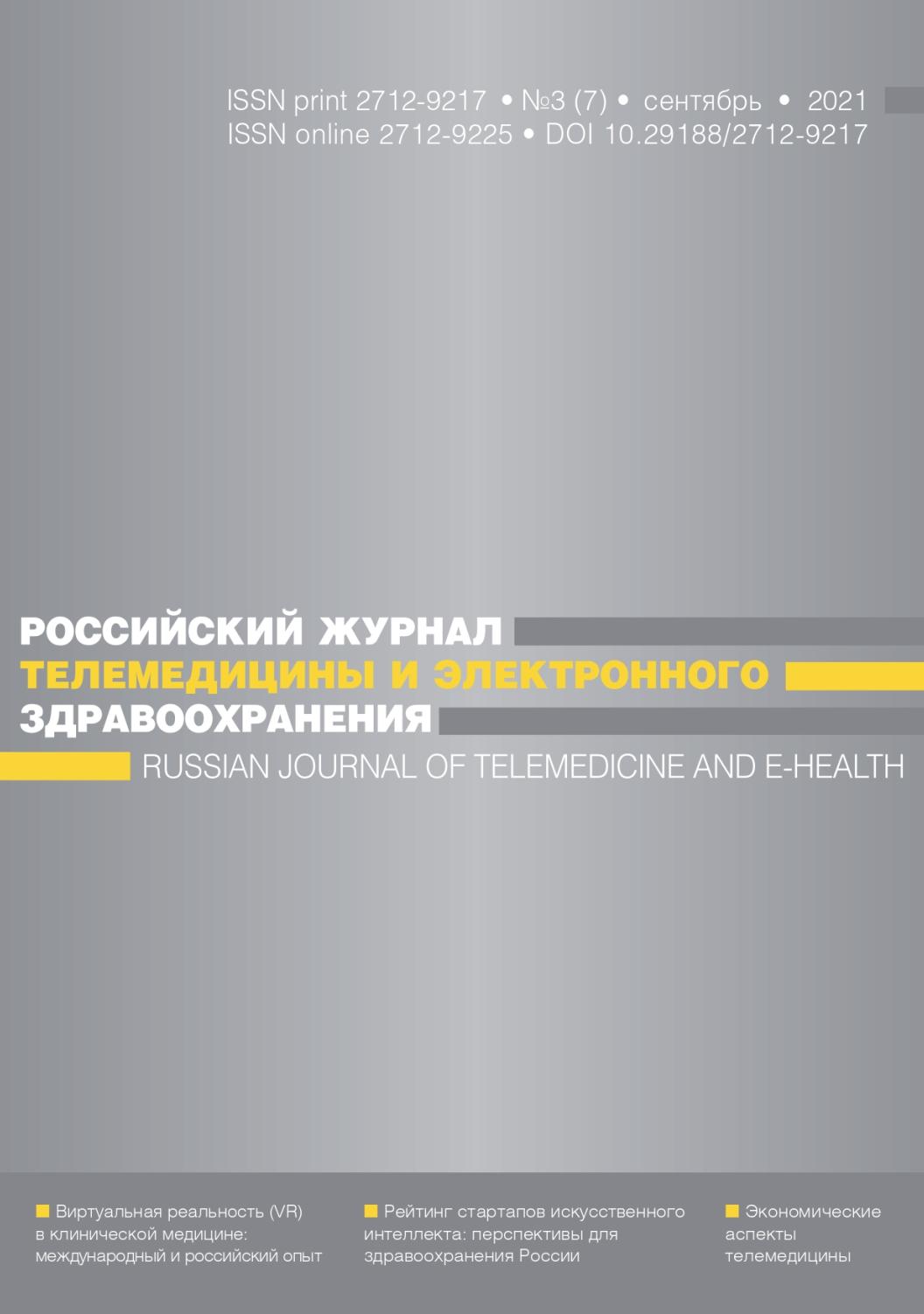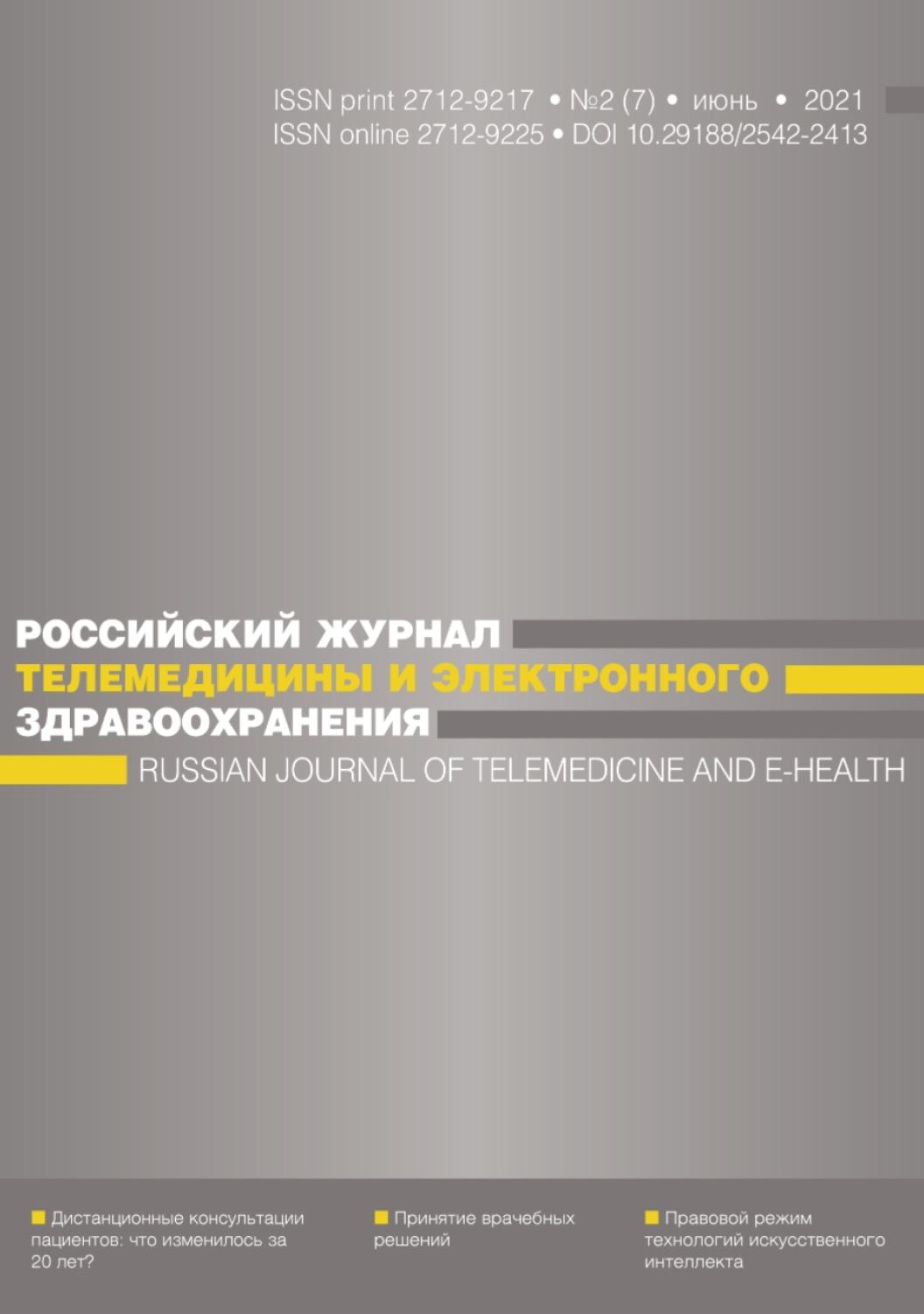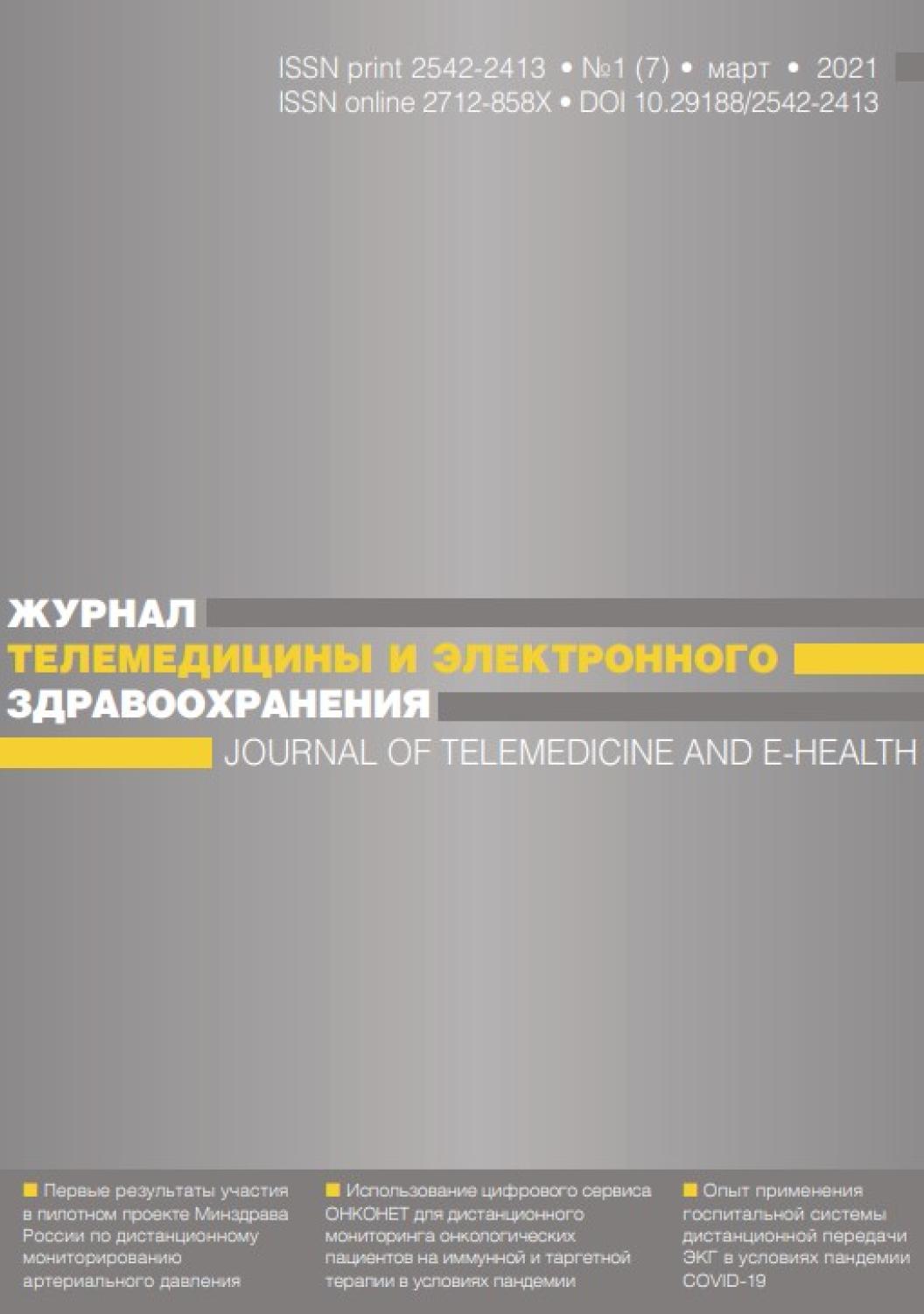Digital technology is the fastest growing area with major implications for healthcare. In neurology, this can provide better accessibility in consultations, expanding the potential of various diagnostic and therapeutic tools and systems. For example, telemedicine allows expanding access to services, overcoming geographical barriers, thereby providing the opportunity to provide medical care not only to patients, but also to their relatives. The widespread introduction of artificial intelligence elements into the routine practice of a neurologist helps make decisions on diagnosis, treatment, assessment of development and prognosis of various neurological diseases. This article describes digital health technologies for providing care for neurodegenerative diseases, demyelinating diseases, dementia, stroke and epilepsy.
Application of digital technologies in neurology
Number №4, 2023
- page 14-22
DOI: 10.29188/2712-9217-2023-9-4-14-22
For citation:
Bril E.V., Fedotova N.A., Zimnyakova O.S., Shaderkina A.I. Application of digital technologies in neurology. Russian Journal of Telemedicine and E-Health 2023;9(4):14-22; https://doi.org/10.29188/2712-9217-2023-9-4-14-22
Information about authors:
- Bril E.V. – PhD, Head of the Center for Extrapyramidal Disorders and Mental Health of the State Scientific Center FMBC named after A.I. Burnazyan FMBA of Russia, Head of the department of neurology with a course of neurosurgery; Medical and Biological University of Innovation and Continuing Education FMBC named after. A.I. Burnazyan, FMBA of Russia, Associate Professor, Department of Neurology, RMANPO; Moscow, Russia; RSCI Author ID 737607, https://orcid.org/0000-0002-6524-4490
- Fedotova N.A. – neurologist at the Center for Extrapyramidal Disorders and Mental Health of the State Research Center FMBC named after. A.I. Burnazyan FMBA of Russia; Moscow, Russia
- Zimnyakova O.S. – neurologist at the Center for Extrapyramidal Disorders and Mental Health of the State Scientific Center FMBC named after. A.I. Burnazyan FMBA of Russia; Moscow, Russia; RSCI Author ID 989523
- Shaderkina A.I. – junior researcher Scientific and Practical Center for Pediatric Psychoneurology of the Moscow Department of Health, junior researcher Federal Scientific Center for Psychological and Interdisciplinary Research; Moscow, Russia; RSCI Author ID 1064989, https://orcid.org/0000-0003-0639-3274
 4890
4890
| Attachment | Size |
|---|---|
| Download | 372.28 KB |
Keywords:
digital technologies; telemedicine technologies; artificial intelligence; machine learning; deep learning


